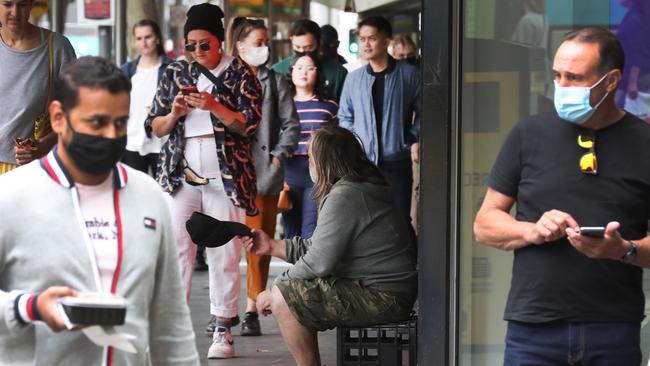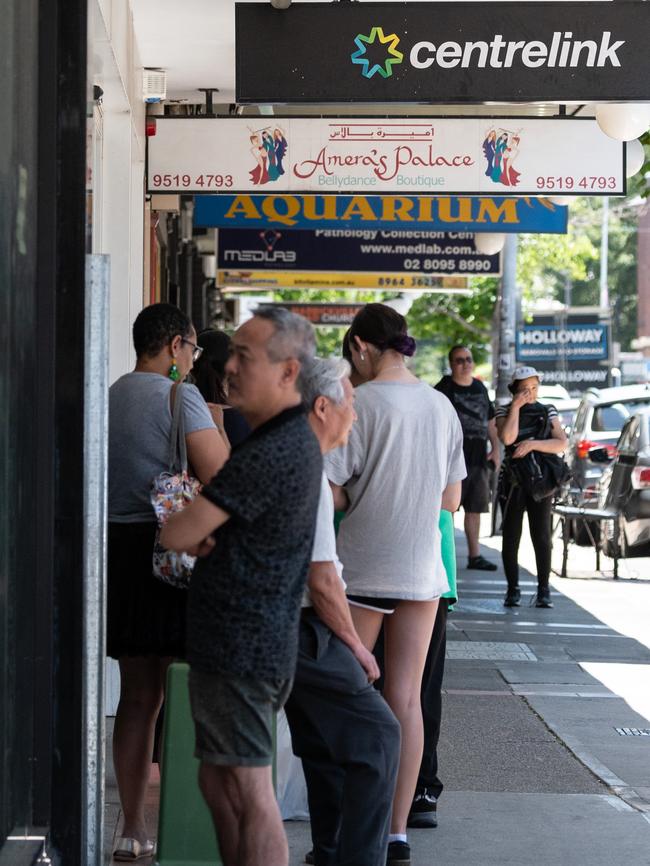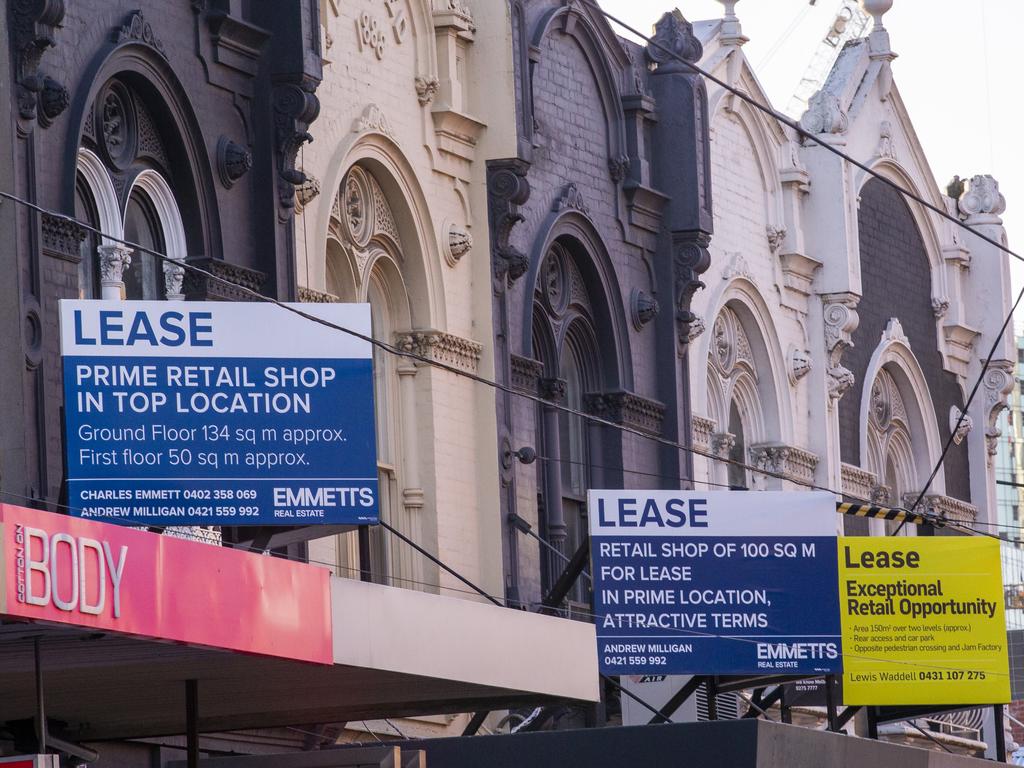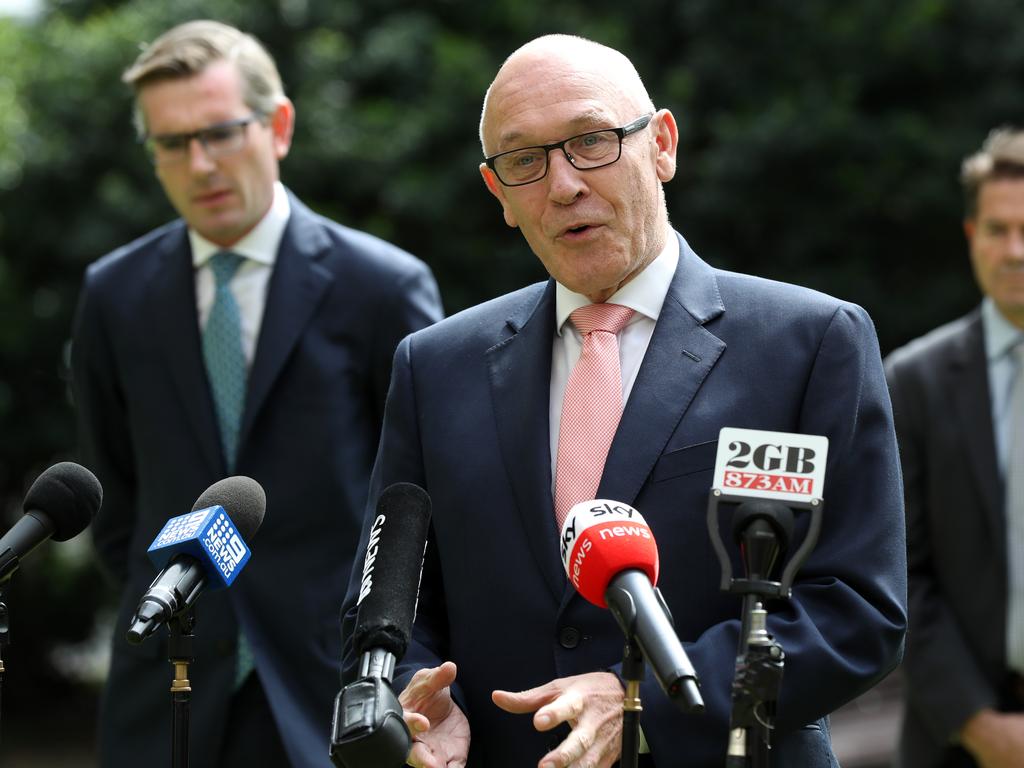Coronavirus: renters hit hard as deferred debt looms
Landlords unwilling to reduce rent during the pandemic have left tens of thousands of Australians at risk of becoming homeless.

Landlords unwilling to reduce rent during the pandemic have left tens of thousands of Australians at risk of becoming homeless, as those who received deferred payments find they are unable to repay the money.
A new report has found about a quarter of all private renters lost income during the pandemic but as little as eight per cent received a rent variation from their landlord. Now, at least 75,000 Australians face mounting debts due to deferred payments during the pandemic.
COVID-19 Rental Housing and Homelessness, a combined effort between the University of New South Wales and Australian Council of Social Services’ and partners Mission Australia and Shelter Australia, outlines these findings.
“With these huge rental debts mounting and eviction moratoriums ending, many people are deeply worried they will lose their homes and be pushed into homelessness, said Mission Australia chief executive James Toomey.
Mr Toomey said with unemployment rates above historic norms and JobSeeker payments due to be cut back, the report’s findings have highlighted the need for urgent attention to the social housing sector.
“Income support payments must be set at an adequate rate, and there remains an urgent need for investment in new social and affordable homes if we are to have any hope of addressing rental stress and ending homelessness in Australia.”
Central coast father of three Martin Reeves, 45, was one of thousands of Australians who lost their jobs during the pandemic.

For Mr Reeves, it happened five months into a six-month lease.
“Basically to keep a roof over my head I had to access the superannuation that the government was kind enough to allow us to access,” he said.
“During that time I was never in arrears for rent and never had a breach of tenancy.”
He said he wrote to his agent and requested to meet with the landlord to discuss a rental reduction but was ignored.
Report author UNSW professor Hal Pawson said it’s clear renters were hit harder than homeowners.
“Even with the help of increased income support payments and eviction moratoriums last year, our report shows people renting were much harder hit by the pandemic than homeowners,” he said.
“Nationally, renters’ housing costs dropped by only 0.5 per cent on average; mortgage holders, by contrast, typically saw a 5 per cent decline in their housing costs.
“At least a quarter of all private renters lost income during the pandemic, but possibly as few as 8% got a rent variation from their landlord. At least 30% of rent variations merely deferred the rent, rather than reduced it.
“Our report shows there could be at least 75,000 tenants with mounting deferred rent debts across the country.”
While ACOSS applauded the Australian government’s support packages and instruction for landlords to not evict residents, it said many “were unwilling, or agreed only rent deferral rather than rent reduction”.
“During the pandemic, governments did the right thing by increasing income support payments, putting in place eviction moratoriums and providing emergency housing to prevent a sudden surge in homelessness, said council chief executive Dr Cassandra Goldie.
“Now, with emergency tenancy protection and income support being cut back, tens of thousands of people will be facing huge deferred rental debts – putting us at great risk of a worsening homelessness crisis.”
The report arrives weeks after The Australian revealed the NSW Government sold off nearly S2.7bn worth of social housing over the past nine financial years.
Those sales reflected 3954 properties from 2011 to 2020, 340 of which were from one of the state government’s highest-valued assets in Sydney’s Millers Point.
The Millers Point sell-off doubled in that period, generating $513.6m in the 2017-18 financial year alone.with figures, and left an old community in Sydney disoriented.








To join the conversation, please log in. Don't have an account? Register
Join the conversation, you are commenting as Logout